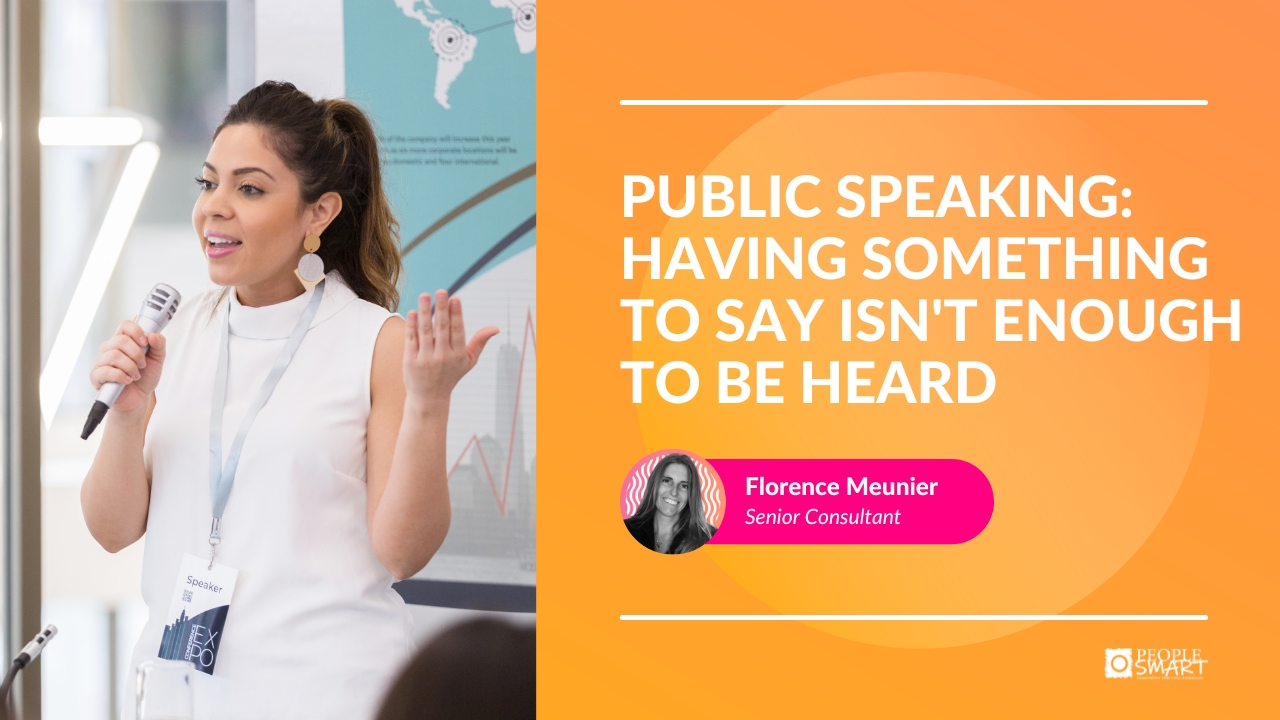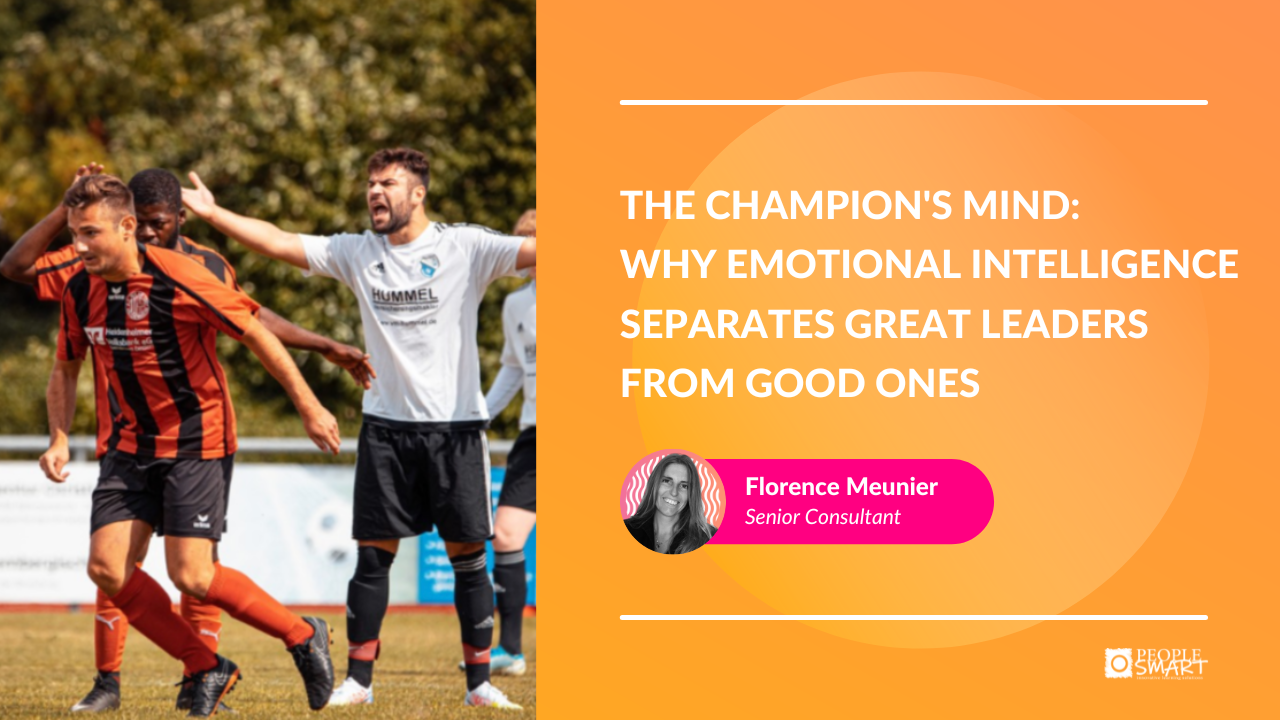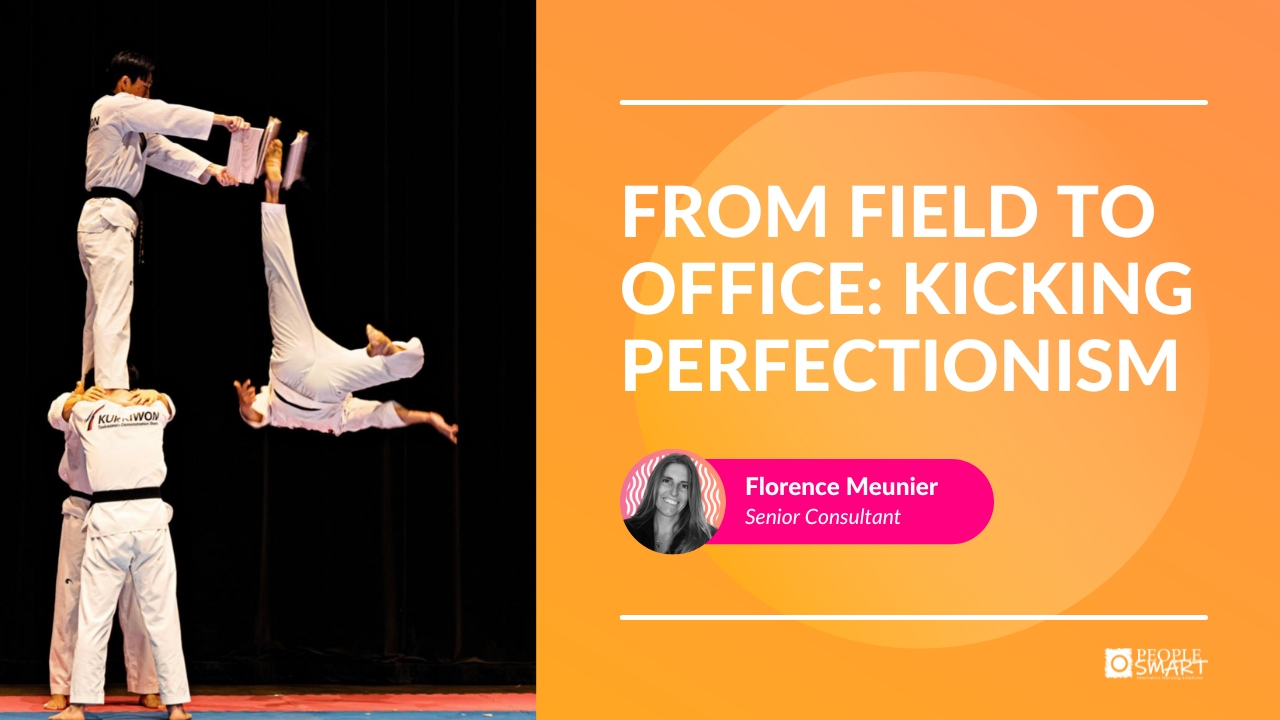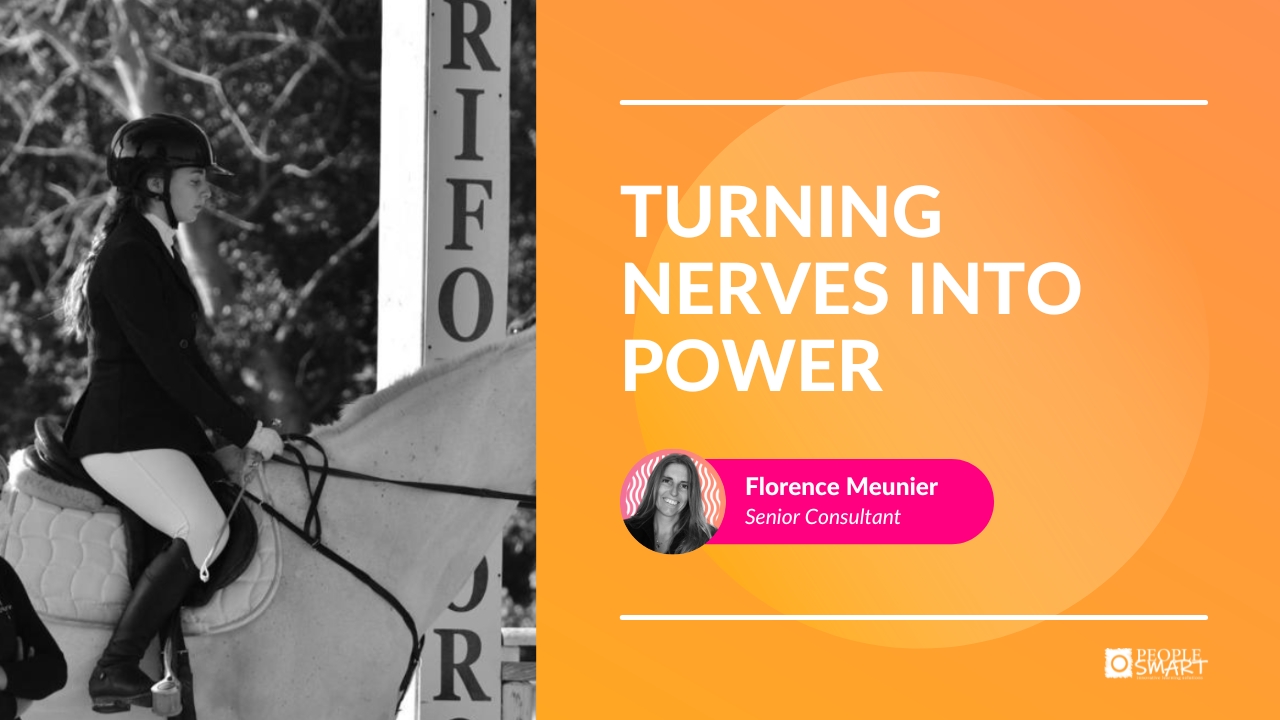People who seem to be unaware of other people and their needs. People who put their feet in their mouths and make tactless comments. Or people that when you say “I’m not feeling too good today” completely ignore this and quickly move on to another topic. How do these behaviors make you feel? Annoyed, upset, angry, even contemptuous at the levels of ignorance displayed.
Conversely, what about those people you warm to, who make you feel good about yourself, who are easily accessible and enjoyable to engage with? What is it about these kinds of people that creates these feelings in others?
In the GENOS International model of Emotional Intelligence after the competency of Self Awareness comes Awareness of Others. Here, on one end of the spectrum is Insensitivity and on the other is Empathy.
Let’s explore the roots of these differences and how you can move from insensitivity to empathy.
If you notice the times when you are oblivious to other people’s feelings you will notice also that you’re spending too much time in your head. By that I mean you’re being overly self-absorbed. It’s hard to appreciate what’s going on with other people when you’re in this state. I’m sure you know people who tend to talk a lot about themselves and their problems. What they say is often about everything that’s wrong with themselves, or sometimes everything that’s ‘great’ about themselves! Either way this is self-absorption in action and not conducive to good relations.
The key to increasing your perceptive capabilities is to choose to put your attention on others and what’s going on around you. This means directing your energy outwards and not inwards. It is a choice. And this is how to listen well. If you find yourself wandering off into your own world of thoughts you can bring yourself back into the moment. Again, you choose to do this. Of course you have to be aware enough to catch yourself in the moment and make that decision to re-engage with the ‘outside’ world. Performers do this. They literally bypass their minds and all the clutter it holds and project their energy outwards.
If you’ve ever done public speaking you know what happens when you worry about what people think of you. You lose connection with the audience. And fail to give of your best. This is because you’re ‘in your head’.
My first job after I left the very ‘heady’ and theoretical world of university was to work on an Adventure Playground in Peckham, South London. The manager there, Willie, had left school when he was 15 and had no formal qualifications. But he was very street savvy and I was really jealous of his ability to ‘read’ people. He was so perceptive: the opposite to me! Then, when I was 25, I had the good fortune to be given the opportunity to bust through the self-absorption borne of years of isolation in a cruel boarding school and four years in academia. Suddenly I was on a par with Willie. I had discovered the ability to go beyond my mind and reach out to better understand others and the world in general.
When sports people talk of being ‘in the zone’ they are referring to what the National Academy of Sports Medicine defines as “complete absorption in the activity, merge of action and awareness, loss of self-consciousness”.
In other words your attention is focused 100% on the ball, the game, your teammates and not on you! In a sense you are everything around you. That’s why Stefan Curry of the Golden State Warriors basketball team has ‘eyes’ in the back of his head when he makes a perfect behind the back ‘blind’ pass. In all human activities, in work and play, that heightened state of presence in the moment and connection to ‘other’ vs ‘self’ makes it easier to be more aware of others and how they are feeling.
Another way to increase your ability to empathize is to use difficult times as ‘empathy accelerators’. Your heart can open if you allow yourself to fully experience such conditions as pain, sadness and loss. This in turn can lead to increasing empathy, compassion and kindness; all key elements of Awareness of Others in the GENOS EI model. Wisdom can be gained from those times in your life when you have been ‘tenderized’. For example, in my case experiences such as kidney failure, financial meltdown and a near death experience helped me in this way. As you open up to yourself you can in turn become more caring and sensitive toward others.
By being sensitized to your own feelings while also taking your attention off yourself and putting it on to others you can become a better leader, manager, colleague and human being in life!






